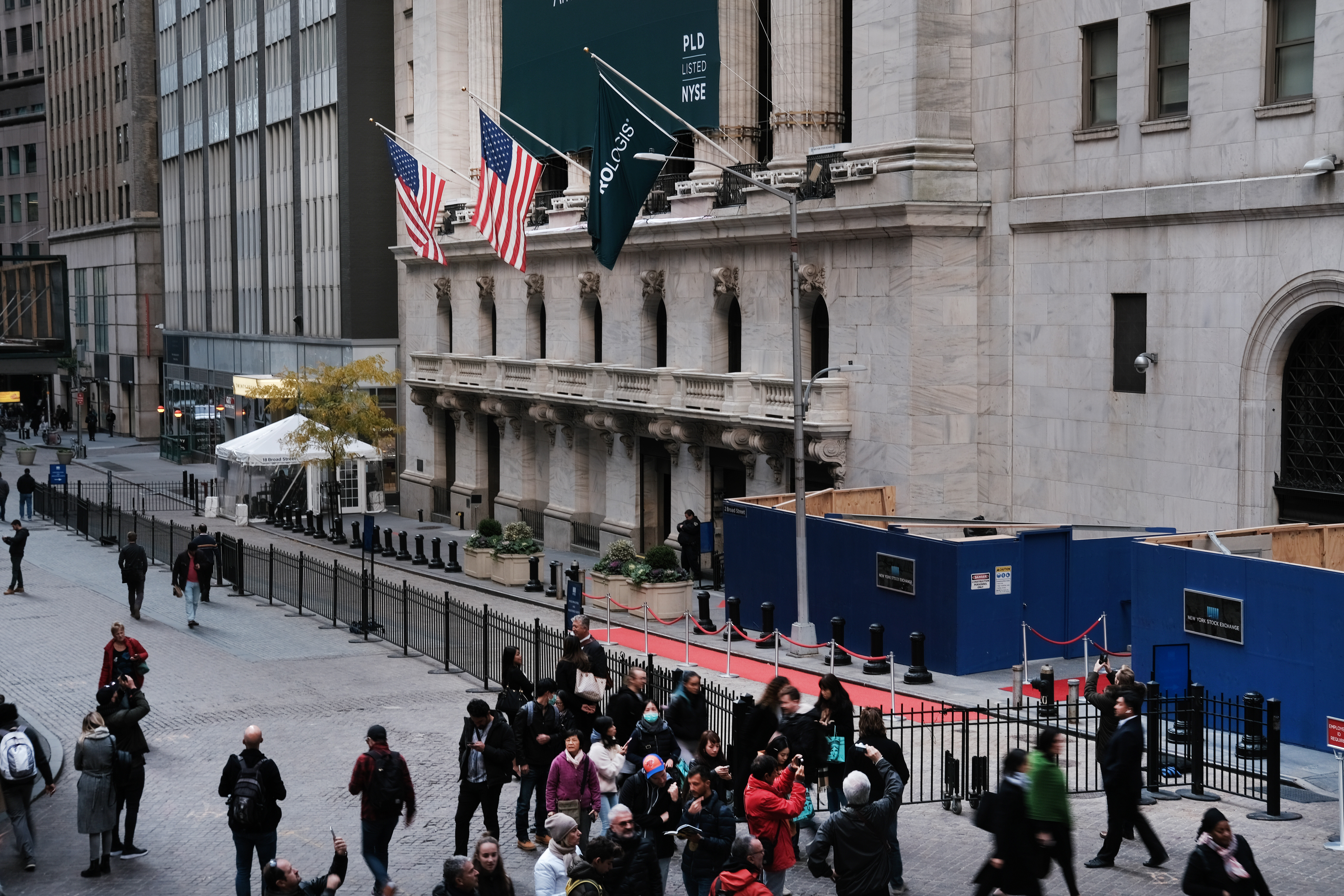U.S. stocks closed lower on Tuesday as investors monitored the latest development of trade issues between the United States and its major trading partners.
The Dow Jones Industrial Average decreased 280.23 points, or 1.01 percent, to 27,502.81. The S&P 500 fell 20.67 points, or 0.66 percent, to 3,093.20. The Nasdaq Composite Index was down 47.34 points, or 0.55 percent, to 8,520.64.
Most of the 30 Dow components traded in red territory, with Intel and Dow declining 2.76 percent and 2.52 percent, respectively, leading the laggards.
Nine of the 11 primary S&P 500 sectors traded on a downbeat note, with the energy sector losing 1.55 percent, the biggest loser.

U.S. President Donald Trump announced on Monday that he will "restore" tariffs on steel and aluminum imported from Brazil and Argentina, drawing concerns domestically and abroad.
Calling the move "unexpected," Argentine Minister of Production and Labor Dante Sica said "we still don't know what this implies. We want to know the details and the scope of the announcement."
The Brazil Steel Institute, which represents the interests of steel exporters, said in a statement that the new tariffs would hurt not only Brazilian companies, but also U.S. steel companies, as they would need the semi-finished products imported from Brazil.
Washington's threat to hit French products with tariffs over a taxation dispute concerning large U.S. tech companies also fueled turmoil in the stock market.
U.S.-listed Chinese firms trade mostly lower
U.S.-listed Chinese companies traded mostly lower on Tuesday with seven of the top 10 stocks by weight in the S&P U.S. Listed China 50 index ending the day on a downbeat note.
Shares of Baidu and New Oriental Education & Technology Group lost 2.25 percent and 1.83 percent, respectively, the top two laggards in the top 10 stocks of the index.
Shares of NetEase increased 1.13 percent, leading the gainers.
(With input from Xinhua)